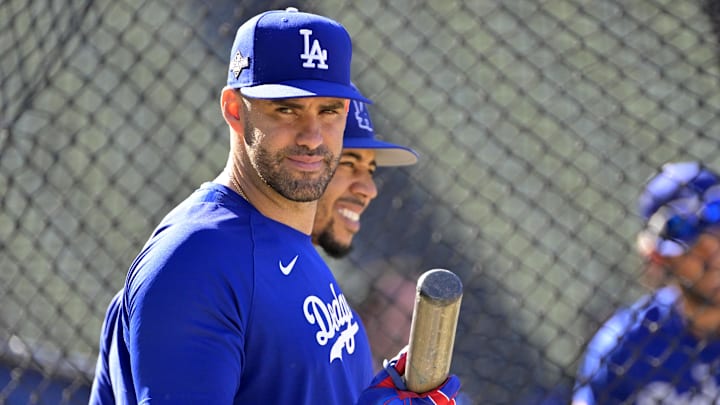1 of 3
The Arizona Diamondbacks need a designated hitter. The National League West has become a serious uphill battle for the Snakes. The Dodgers are giving out blank checks to whoever they feel like, and while the D-Backs sure do have a strong rotation, they have a wide hole open in their line-up.
But if the Diamondbacks properly fill this hole in the line-up, they could significantly boost their starting nine. There are enough full-timers and semi-regulars still on the free agent market they could pursue to massively improve their line-up. So, who are the best still out there?
